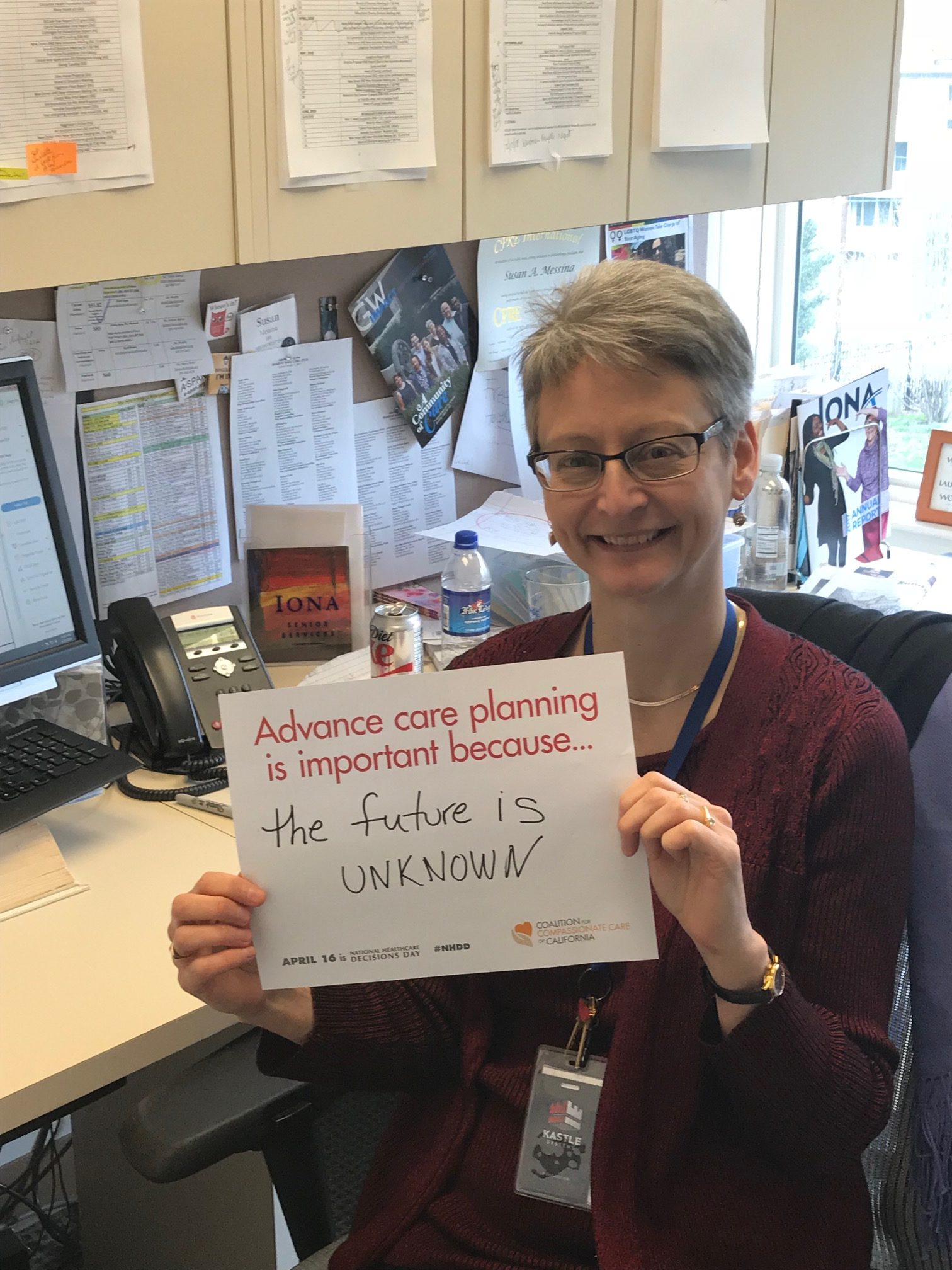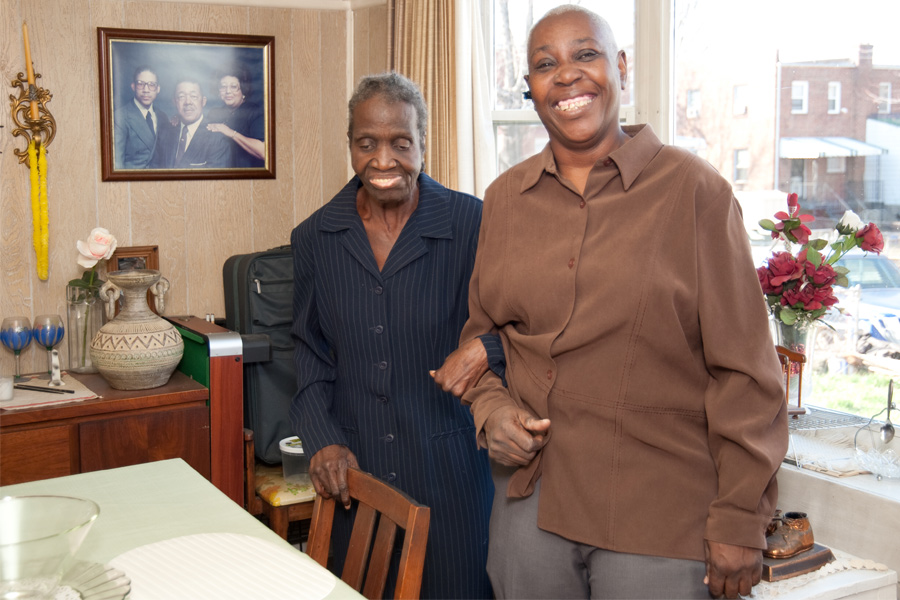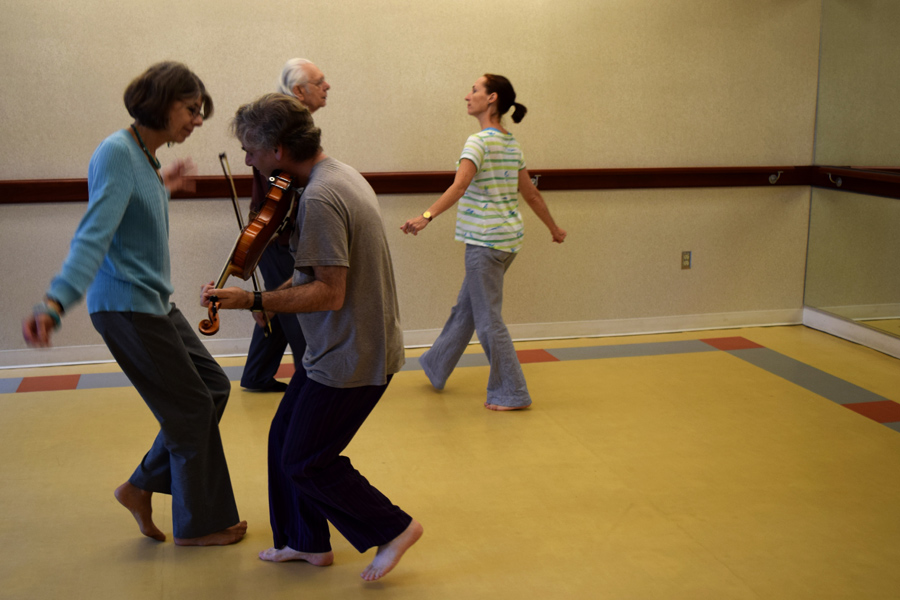National Healthcare Decisions Week 2018: It’s always too early, until it’s too late


Many families tell us that they wish they’d prepared earlier, started the difficult conversations sooner, or discussed their loved one’s wishes before it was too late.
After all, it’s easy to push planning a healthcare advance directive to the back burner when you have more pressing issues now. It always seems too early to plan—until it’s too late.
That’s why all of us at Iona firmly believe in the importance of preparing an advance directive and designating a healthcare decision-maker should you no longer be able to make decisions on your own. Likewise, it’s just as important to start talking with your family members about their wishes in case you ever need to make decisions on their behalf.
We can make sure that our own wishes and those of our loved ones are expressed and respected—but only if we start the conversation now.
Fortunately, there are many resources available that can help get you started and guide conversation.
1. The Conversation Project provides a Conversation Starter Kit, as well as information on how to choose a health care proxy, how to be a health care proxy, and how to talk to your doctor.
2. The Scan Foundation has a document on 10 Conversations to Plan for Aging with Dignity and Independence.
3. The National Hospice and Palliative Care Organization offers free (state-specific) forms.
4. Aging With Dignity (Five Wishes) document helps people express their medical and legal wishes, but also spiritual and personal. Five Wishes can also help guide family conversations and provide valuable information to family, friends, and your doctor about what good care means to you. The advance directive meets the legal requirements in most states and is available in 20 languages for a fee.
5. DeathWise is a nonprofit organization that helps people talk about, make decisions, and plan for the end of their lives. Their website includes resources to help you organize financial records, make healthcare decisions, and plan memorial services, among other important topics.
6. PREPARE is an interactive online interface that helps you make medical decisions for yourself and talk with your doctors. You can also view the site with friends or family members, and a printable pamphlet with tips by PREPARE is also available.
7. National Healthcare Decisions Day’s website has a number of guides and resources for you to empower you in your healthcare decision making. What better time to get started than National Healthcare Decisions Week (April 16-22).
Additionally, if you’re looking for inspiration on what to discuss, Director of Development & Communications Susan Messina shares her own thoughts. We hope that her ideas will inspire you to start your own conversation with loved ones.
After much observation of others’ situations and thought about my own wishes, I provide these six pieces of guidance:
1. If it is only possible to keep me at home with help from professional caregivers like home health aides or certified nursing assistants, I hereby grant my family members my blessing to hire those people. Regardless of whether I say, “I don’t want strangers in my house” or “I only trust you.” My family caregiver(s) get to be the ones to decide when they need help with giving me care, not me.
2. Please check out any adult day health programs I might join. I’m a super social person. So, being part of a new community will probably be good for me, even if I am skeptical at the time. Get a guest pass for me and let me give it a whirl!
3. If my safety or the health/well-being of my family is in jeopardy because caring for me has become too demanding, I want to be moved to an appropriate long-term care setting.
4. Similarly, I hereby grant my family members my blessing to stop me from driving if they no longer think it’s safe. Other people’s safety is more important than my independence.
5. I want my family and doctor(s) to talk to me about palliative care and also hospice. I would rather have those options on the table earlier rather than later. And if I bring them up, please do not shush me with, “It’s too soon to give up “or “I don’t want to talk about that.”
6. If I have severe dementia, I hereby grant my wife the freedom to pursue another romantic relationship. She will not be “cheating”; she will be meeting human needs for companionship and intimacy. I just ask that she (or even they) continue to take care of and/or visit me!
Do you have questions or comments about starting a conversation or planning for your healthcare? Let us know in the comments.
Related Articles

The Stories of Dementia in the District

A Couple’s Vows Create Opportunities to Age Well

Can You Imagine Taking Three Buses to Get to Iona?

